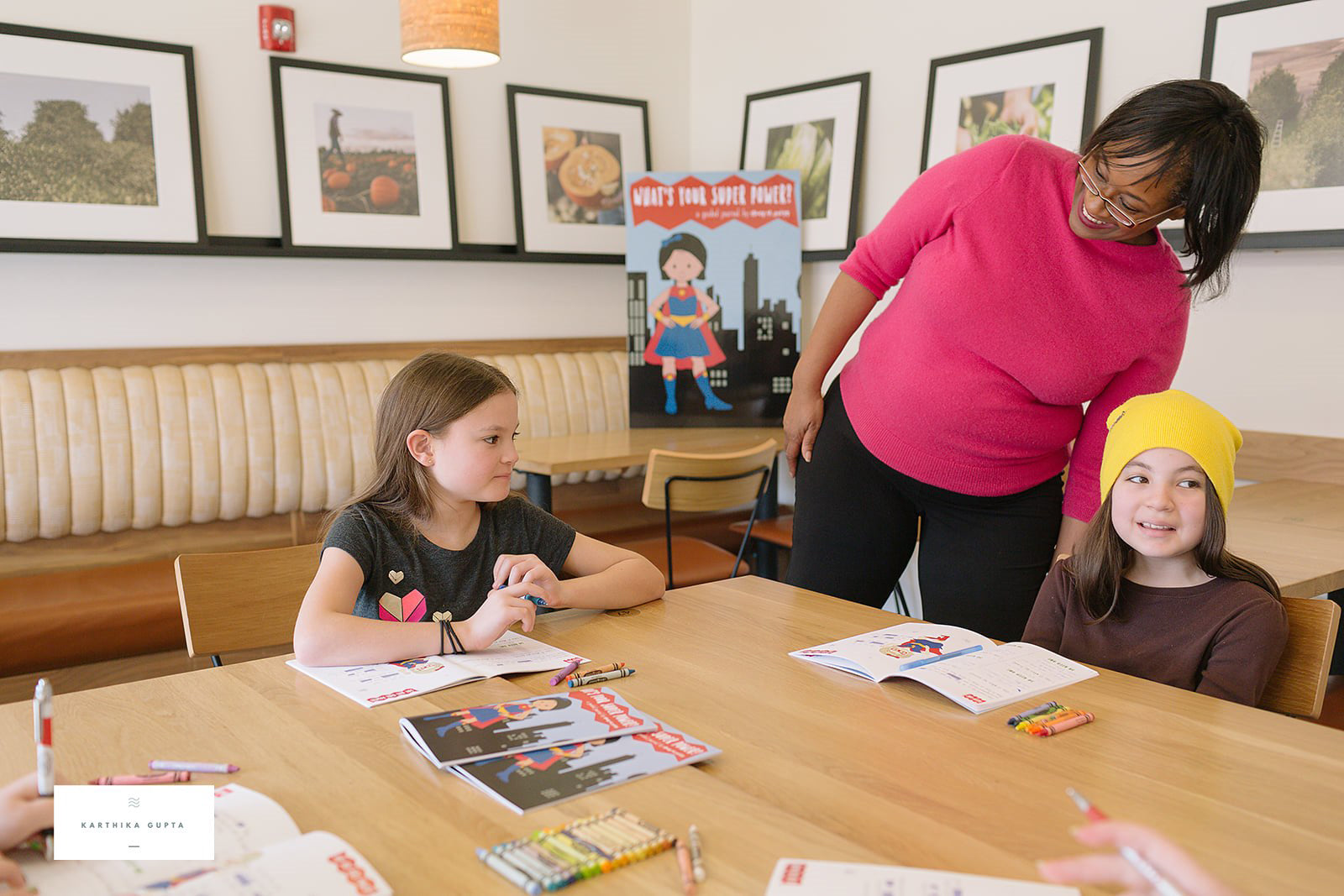
I have always loved journaling. When I was a kid, I used cute little diaries with shiny locks, often adorned with pictures of puppies, butterflies, or smiley faces. My journaling typically involved recitations of the events of the day beginning with the customary: “Dear Diary.” In recent years, my journaling has become more reflective. Instead of writing about the events of the day with a bit of commentary, I now journal about how the events of the day impact me. I evaluate experiences and make plans. Through reflective journaling, I have arrived at many “a-ha” moments that served as foundations for personal and business growth.
Reflection is a practice that is beneficial for kids as well as adults for learning, personal growth, and reaching goals. It is the process of examining and interpreting information, experiences, and emotions in order to gain new understanding and to retain knowledge. Without reflection, learning is almost impossible.
One of the reasons that I launched my series of guided journals is to encourage kids to reflect, grow, and feel empowered. Understanding that not all kids are drawn to traditional journaling and that not all kids love writing, I opted to create guided or prompted journals that offer a variety of types of opportunities for reflection. You see, journaling is not only about writing. It can be about drawing, coloring, and doodling. Reflection can also result from reading a story, poem, or interview, or by looking at artwork. The goal is for kids to make connections between past experiences and future events.
With the prompts, kids are directed to reflect on specific types of experiences and feelings. They are given space to sort through big emotions associated with negative experiences such as being bullied, not being invited to a party, or not reaching a goal. They are guided to focus on their positive qualities and their unique selves. As a whole, the prompts in each book are designed to encourage kids to reflect on experiences, positive or negative, and step out on the other side with healthier, more positive perspectives of themselves and the future.
Kids sometimes have a difficult time expressing their feelings to their parents. An added benefit of the practice of journaling is that the reflection often leads to honest, powerful conversations with parents. The alone time that kids have writing about and working through experiences allows them to prepare mentally to talk about challenging topics with parents, leading to another level of reflection-- with parents.
------------------------------------------
If you are a teacher, how do you incorporate journaling into your curriculum? If you are parent, do your kids enjoy journaling? Do they share what they journal about? Please share your thoughts, experiences, and questions in the comments. Also, feel free to post your questions or comments on in Facebook Group: Stacey M Design Community, or send them to me via email.
Photo credit: Karthika Guptka




Great article! My senior in high school loves to write poems for expression and my 6th grader loves to post videos on his youtube channel. Neither has a formal journal they write in but they both have found other ways to express what’s going on inside of them. We have conversations about life often, but never really around what my son writes in his poems. For him it’s a more private thing he prefers to not have mom involved in. He does, however, share them with his friends. When I see some here and there I feel great inside because it helps me see the inner him that sometimes doesn’t get seen amidst the hustle and bustle of day to day life.
Leave a Comment